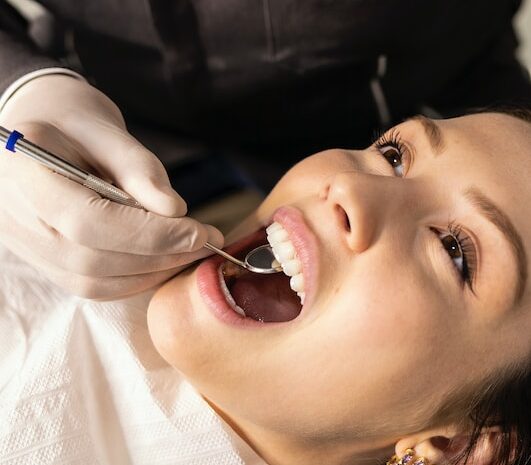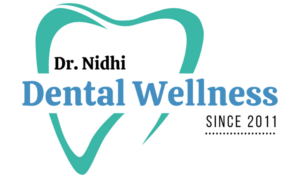
When it comes to oral health, a tooth extraction might become necessary for various reasons, such as severe decay, gum disease, or overcrowding. After the procedure, your body needs the right nutrients to repair the wound and minimize the risk of infection. Here’s how you can optimize your diet to promote speedy healing.
Immediate Aftercare (First 24 Hours)
Your dentist’s instructions are like a roadmap for your recovery journey. It’s essential to follow them diligently. During the first 24 hours after the extraction, focus on minimal chewing and be gentle with the extraction site. This is a crucial time for clot formation, which protects the underlying bone and nerves.
Soft Foods Are Your Friends
While your appetite might not be at its peak immediately after the procedure, it’s important to eat nutrient-rich soft foods that won’t strain the surgical site. Opt for options like yogurt, mashed potatoes, soups, and smoothies. These foods are not only easy to consume but also provide essential vitamins and minerals.
Hydration and Fluid Intake
Staying hydrated is key to a swift recovery. However, sipping through a straw can disrupt the healing process by potentially dislodging the blood clot. Stick to drinking from a cup or a glass to avoid this risk. Water, herbal teas, and diluted fruit juices are excellent choices to stay hydrated without any complications.
Protein-Rich Choices for Healing
Protein is your body’s building block for tissue repair and immune function. Incorporate protein-rich foods like eggs, lean meats, fish, and legumes into your diet. These foods help expedite the healing process and reduce the risk of infections.
Vitamins and Minerals for Recovery
Certain vitamins and minerals play a vital role in tissue regeneration and immune support. Vitamin C aids collagen production, while calcium and vitamin D are essential for bone health. Citrus fruits, leafy greens, and dairy products are excellent sources of these nutrients.
Foods to Avoid
To ensure a smooth healing process, it’s best to avoid certain foods. Crunchy, hard, or sticky foods can irritate the extraction site or even dislodge the clot, leading to a painful condition called “dry socket.” Steer clear of popcorn, nuts, chips, and candies during this period.
Spices and Seasonings
While adding flavor to your meals is essential, it’s wise to avoid overly spicy or acidic foods immediately after tooth extraction. These foods can cause discomfort and irritation. Opt for gentle seasonings like mild herbs and a touch of salt to enhance the taste of your meals.
Careful Chewing and Eating Habits
Chewing should be done carefully and on the opposite side of the extraction site. Take small bites and chew slowly to prevent any accidental harm to the surgical area. Additionally, avoid chewing directly on the surgical site to minimize the risk of complications.
Importance of Oral Hygiene
Maintaining oral hygiene is crucial even during your recovery period. Gently brush your teeth, avoiding the surgical area, to prevent infection and maintain overall oral health. Rinsing your mouth with warm saltwater can help keep the area clean and aid in healing.
Gradual Transition to Regular Diet
As the days go by and your mouth begins to heal, you can gradually reintroduce soft solid foods to your diet. Start with well-cooked vegetables, pasta, and easily chewable meats. Progressively transition back to your regular diet as your dentist gives the green light.
Common Concerns and Solutions
It’s not uncommon to experience mild pain, swelling, or discomfort after a tooth extraction. Applying a cold compress, taking prescribed pain relievers, and following your dentist’s advice can alleviate these issues. If you notice severe pain or signs of infection, contact your dentist promptly.
The Role of Nutrition in Recovery
Proper nutrition isn’t just about satisfying your hunger; it’s a crucial aspect of the healing process. A well-balanced diet rich in nutrients supports your body’s ability to regenerate tissue, fight off infections, and reduce inflammation.
Listen to Your Body
Each person’s recovery journey is unique. Pay attention to your body’s signals and adjust your diet accordingly. If certain foods cause discomfort or irritation, set them aside until you’re fully healed. Your body knows best, so listen to it.
Conclusion
A tooth extraction is a temporary setback that demands a bit of dietary consideration for a swift recovery. By prioritizing soft, nutrient-rich foods, staying hydrated, and avoiding foods that can hinder healing, you’re setting yourself up for a successful recuperation. Remember, your dentist’s guidance and your body’s cues are your best allies in this process.

